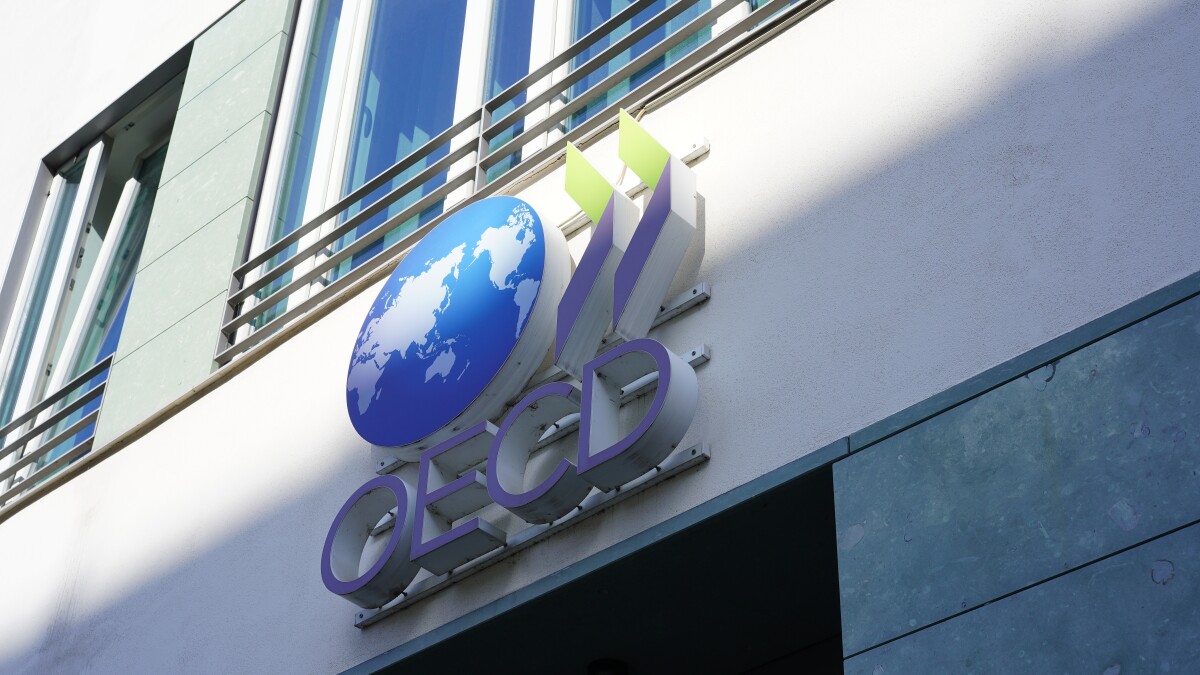In the ever-evolving landscape of business, understanding the intricacies of leasing can be a game-changer for companies looking to optimize their operational efficiency. But what is a lease, and how does it function in the corporate world?
Lease Definition and Meaning
A lease is a contractual agreement where one party, known as the lessor, grants another party, the lessee, the right to use an asset for a specified period in exchange for periodic payments. This arrangement is pivotal in various sectors, from real estate to equipment leasing, providing businesses with the flexibility to use assets without the immediate need for large capital expenditures.
The lease definition encompasses several key elements:
- Parties Involved: The lessor (owner) and the lessee (user).
- Asset: The item being leased, which could range from office space to machinery.
- Term: The duration for which the lease is valid.
- Payments: The financial compensation agreed upon, typically made periodically.
- Conditions: Specific terms and conditions governing the use of the asset.
The lease meaning extends beyond just a legal contract; it represents a strategic tool for businesses. By opting for a lease, companies can manage cash flow more effectively, avoid the depreciation costs associated with asset ownership, and maintain operational agility.
In practical terms, leasing can be particularly advantageous for startups and small businesses that may not have substantial capital reserves. It allows them to access high-quality assets and infrastructure without the burden of upfront costs. Moreover, leasing can offer tax benefits, as lease payments are often considered deductible business expenses.
However, it’s essential for businesses to carefully evaluate the terms of any lease agreement. Factors such as lease duration, renewal options, and potential penalties for early termination should be meticulously reviewed to ensure alignment with long-term business goals.
In conclusion, understanding what is a lease and its implications can empower businesses to make informed decisions that support growth and sustainability. Whether you’re a seasoned entrepreneur or a budding startup, leveraging the strategic advantages of leasing can pave the way for enhanced operational efficiency and financial prudence.






